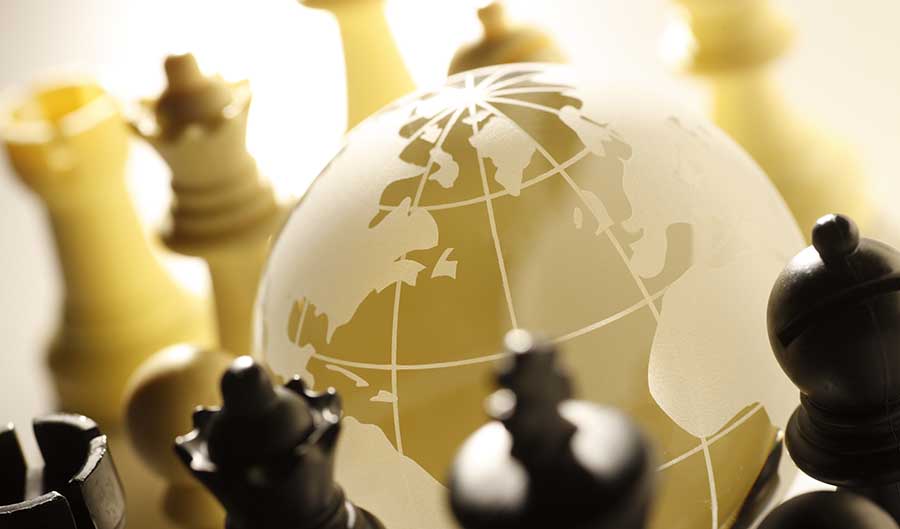
Yan Xuetong, Distinguished Professor, Tsinghua University
Dec 28, 2021
Strategic competition between China and the United States should be characterized not as a new cold war but as an uneasy peace. Shooting is not likely to break out, but the two countries will remain in dread of each other in the coming decade.

Chen Jimin, Guest Researcher, Center for Peace and Development Studies, China Association for International Friendly Contact
Dec 15, 2021
The postwar foundation laid by the United States has been shaken, and the Western model is in trouble as never before. The primary creator of the liberal international order has unwittingly sabotaged itself.

Chen Jimin, Guest Researcher, Center for Peace and Development Studies, China Association for International Friendly Contact
Dec 15, 2021
The postwar foundation laid by the United States has been shaken, and the Western model is in trouble as never before. The primary creator of the liberal international order has unwittingly sabotaged itself.

Tao Wenzhao, Honorary Member of the Chinese Academy of Social Sciences; Fellow, CASS Institute of American Studies
Nov 05, 2021
Worries by the United States that China will take over its leadership role are based on a serious strategic misunderstanding. The road ahead for the international power structure as it shifts to a multipolar pattern may be long and difficult, but the prospects are promising.

He Yafei, Former Vice Minister of Foreign Affairs
Oct 18, 2021
True multilateralism, as reflected in the UN Charter, is the foundation of a functional world order, which in turn yields peace and prosperity. The future is not necessarily gloomy, so long as nations, which face daunting challenges, can work together in a spirit of harmony.
Nie Wenjuan, Deputy Director of Institute of International Relations, China Foreign Affairs University
Oct 07, 2021
Speeches by Xi Jinping and Joe Biden laid out their understanding of the international political order from the perspective of their own national history. Developed nations in the West may identify with the U.S. vision, while developing nations may find the Chinese vision more attractive.
Zhao Minghao, Professor, Institute of International Studies at Fudan University, and China Forum Expert
Oct 02, 2021
“There is only one system in the world, and that is the international system with the United Nations at its core,” President Xi Jinping said. “There is only one order, and that is the international order based on international law.”

Fu Ying, Founding Chair of Center for International Security and Strategy, Tsinghua University; China's former Vice Minister of Foreign Affairs
Jul 27, 2021
The Group of Seven (G7) Leadership Summit held last June was stated to be an occasion for the Western leaders to “reestablish” the international order after the COVID-19 pandemic. It was also for the U.S. to demonstrate its return “back at the table”.
Zhou Xiaoming, Former Deputy Permanent Representative of China’s Mission to the UN Office in Geneva
Jul 22, 2021
It’s not a contest between America and China alone, or one pitting democracy against autocracy. Moves by the United States to hold China down affect other countries as well. Unlike the U.S., which is trying to protect its hegemony, China is committed to building a community with a shared future for mankind.
Doug Bandow, Senior Fellow, Cato Institute
Jun 10, 2021
China and the U.S. share misguided illusions of the other that remain unproductive and even dangerous. Both governments must strive to see each other clearly and cooperate in the face of increasing public hostility.
Back to Top

- China-US Focus builds trust and understanding between the U.S. and China through open dialogue among thought leaders.
- Our Offerings
- Topics
- Videos
- Podcasts
- Columnists
- Research Reports
- Focus Digest
- Stay Connected
-
Thanks for signing up!
- Get the latest stories from China-US Focus weekly.